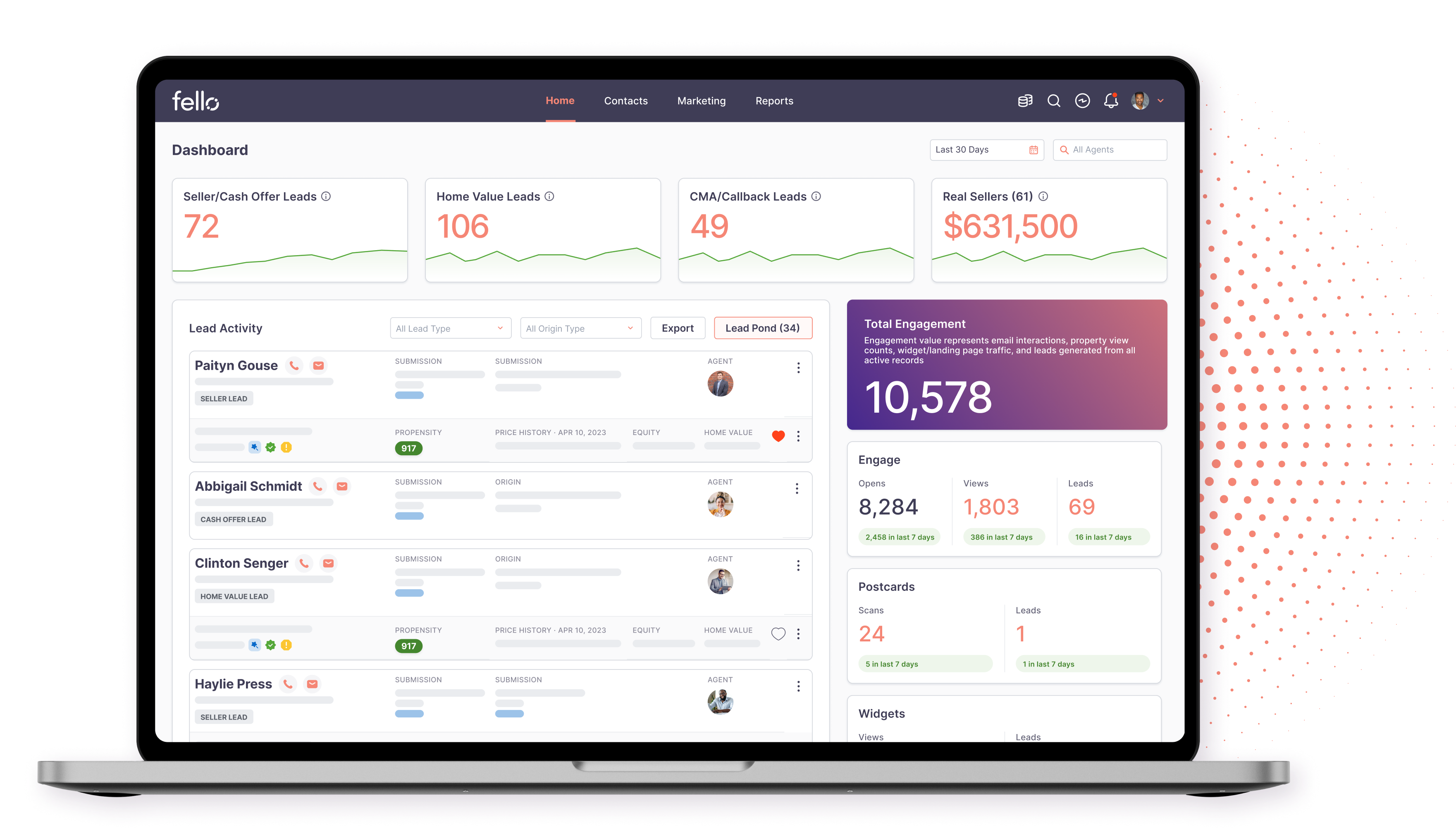Blog Post
The Difference Between A Home Appraisal And A Home Inspection

September 4, 2022 written by FlashHouse
The home selling process is incredibly stressful. More than a third of Americans admit that selling their home drove them to tears at least once during the process.
While you might assume that buying a home is more stressful than selling, especially in a strong seller's market, that isn't necessarily the case.
Getting a grasp of the different aspects of the home buying and selling process can help calm some of your nerves. Two of the most important events in escrow are the home inspection and the home appraisal.
What's the difference between an inspection and an appraisal, and how are they similar? Let's take a look at what you need to know.
A Home Inspection and a Home Appraisal: What's the Difference?
When you are buying or selling a house, it can feel like an infinite number of complicated steps in the process. If this is your first time purchasing a home, you might assume that "home inspection" and "home appraisal" are two different terms that refer to the same process. However, they refer to two completely different events, and they have different purposes.
The primary difference between an inspection and an appraisal is that an inspection deals with the condition of a home, while an appraisal deals with the value of a home.
Inspection
An inspection is an event when a professional looks at the home's condition closely. A licensed home inspector will go through the home comprehensively over multiple hours to review the home's condition. They will do this by testing the major systems and visually inspecting the home.
The inspector will then provide recommendations to the buyer after completing the inspection regarding aspects of the house that should be replaced or repaired before closing. Depending on where you live and how big the home is, home inspection costs can range between $250 and $700.
Appraisal
On the other hand, an appraisal is a general assessment and walkthrough of the home to determine the property's fair market value. A licensed professional appraiser will use other nearby comparable sales to help determine a home's appraisal value.
Most of an appraiser's work is done in their office by comparing the house's location, features, and finishes with other recent sales in the same area. However, they do visit homes in person as well. Home appraisals cost around $400, but this can vary a bit depending on the home's size and location.
Do Lenders Require Inspections?
Inspections are strongly recommended, but lenders do not typically require home inspections when providing conventional financing. There is typically an inspection requirement if you are using a VA loan or an FHA loan to purchase a house.
Do Lenders Require Appraisals?
Most lenders will require appraisals as a part of the process of approving financing. This is because lenders are motivated to protect their investment by ensuring they aren't giving out a loan for more money than the home is worth.
Do You Have to Get an Inspection and an Appraisal If You're Buying a Home in Cash?
When buying a house in cash, there's no rule that you have to do an appraisal or an inspection. However, some cash buyers, particularly real estate investors, might choose to waive the appraisal or inspection. They might do this to be more competitive against other offers, if they want to close quickly, or if the home is being sold "as is."
What Are the Similarities Between a Home Inspection and a Home Appraisal?
Though appraisals and inspections are two separate occurrences, that doesn't mean there aren't some similarities between them. Let's take a look at some of the similarities.
Buyers Typically Pay For Both Inspections and Appraisals
In most circumstances, the buyer will be responsible for paying the home appraisal and inspection costs. Their lender will hire the appraiser, while the buyer will hire the inspector.
The Professionals You Hire Are Licensed
Both home appraisers and home inspectors require training and licenses. They act as impartial third parties during the process, and they don't represent the lender, the buyer, or the seller. Instead, they are paid to offer their professional opinion about the value of a home or the condition of a home, respectively.
Both Inspection and Appraisal Occur During Escrow
After an offer is accepted on a home, the home inspection typically occurs within the first week. The general rule of thumb is that the sooner you can do the home inspection, the better because it allows more time to fix any issues found in the inspection report or to have further negotiations with the property seller.
The home appraisal also happens during the escrow period. Usually, this happens a week or two before the closing of the sale.
Negotiations Might Result From Either Appraisals, Inspections, or Both
If the offer on the home includes contingencies for both the inspection and the appraisal, the buyer has the opportunity to renegotiate based on what is discovered during these processes.
For example, if the home's appraisal value comes back lower than the offer price, the buyer can negotiate with the seller about how to cover the difference between the offer price and the appraised price. In addition, if there are significant repairs or necessary replacements found during the inspection, the buyer can request credits, repairs, or take the opportunity to back out of the deal.
What Happens During a Home Inspection?
After a buyer and a seller sign a contract, scheduling a home inspection is one of the first things the buyer will want to do. In particularly low-inventory markets, buyers might choose to hire an inspector before they make an offer on a home.
Buyers should look for inspectors that they trust. It can be a good idea to ask friends or family members for inspectors they've worked with, ask for a recommendation from your real estate agent, or do some research online to find a reputable inspector.
Home inspections typically take about three or four hours, but they can take longer. The home inspector will visually check your home while also testing the functionality of the key systems in the house, including:
- Roof condition
- Plumbing
- Drainage
- HVAC
- Appliances
- Foundation
- Water damage and mold
The buyer and their agent usually attend inspections. This allows buyers to get more familiar with the home and any potential red flags.
After the inspection, the buyer will receive a written report summarizing what they found.
What Happens During a Home Appraisal?
During the appraisal, the home will be evaluated by a licensed appraiser. After doing a walkthrough of the home and looking at comparable recent sales, they will estimate the home's value. The buyer usually pays for the cost of the appraisal as a part of the closing costs.
An appraisal is kind of like a light inspection. They will walk through the home, note the property's location, condition, and finishes, and then use these findings to identify similar homes that have recently sold in the same location. They will then use this information to determine the fair market value.
They will then deliver a physical report on the home's value. This will include descriptions of other comparable sales as well as photos.
In an ideal scenario, the appraisal value of a home will come back higher than the sales price that was agreed upon in the contract. This means that the lender will approve the loan (assuming all other necessary pieces are above board) as the buyer is paying below fair market value.
Do You Want to Make Selling Your Home as Stress-Free as Possible?
Whether you are buying or selling, it's essential to understand the purpose of the home inspection and the home appraisal. That way, you can know what to expect and understand what it means to waive these contingencies in the purchase and sales contract.
Few things in life are more stressful than buying or selling a house. When it's time to sell your home, though, it doesn't necessarily have to be a long-drawn-out and torturous process.
When you sell your house to Fello, the process is simple. You can receive a cash offer on your home in 24 hours and decide whether or not it's right for you.

Ready to start driving more seller leads on autopilot?

